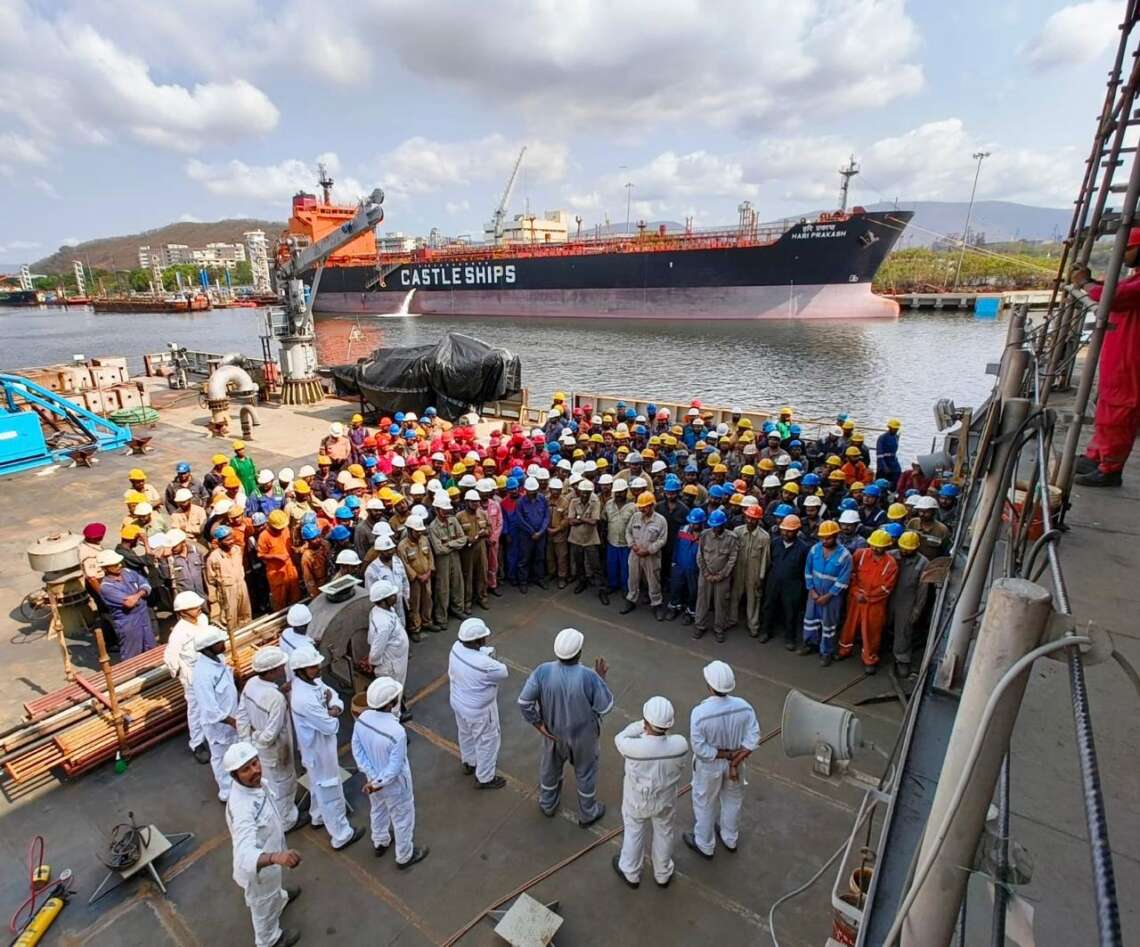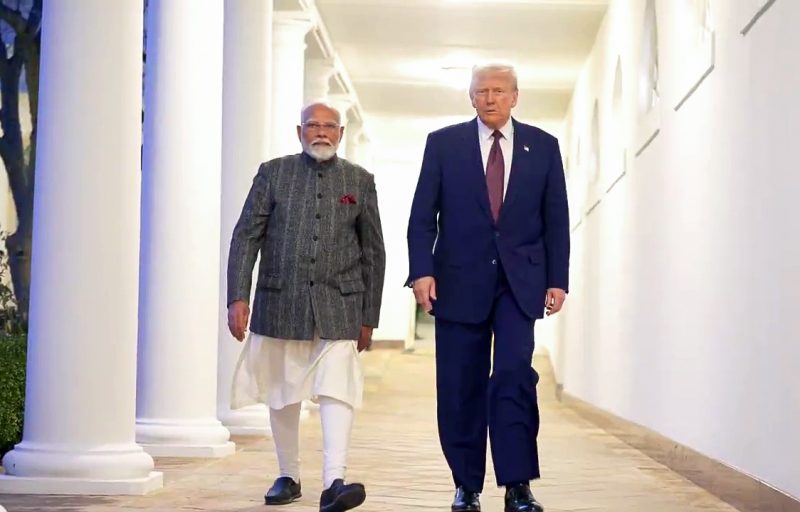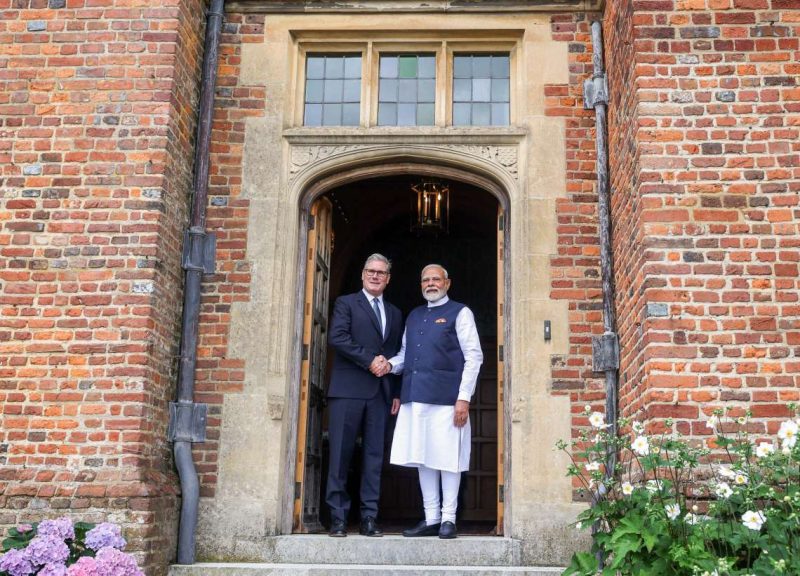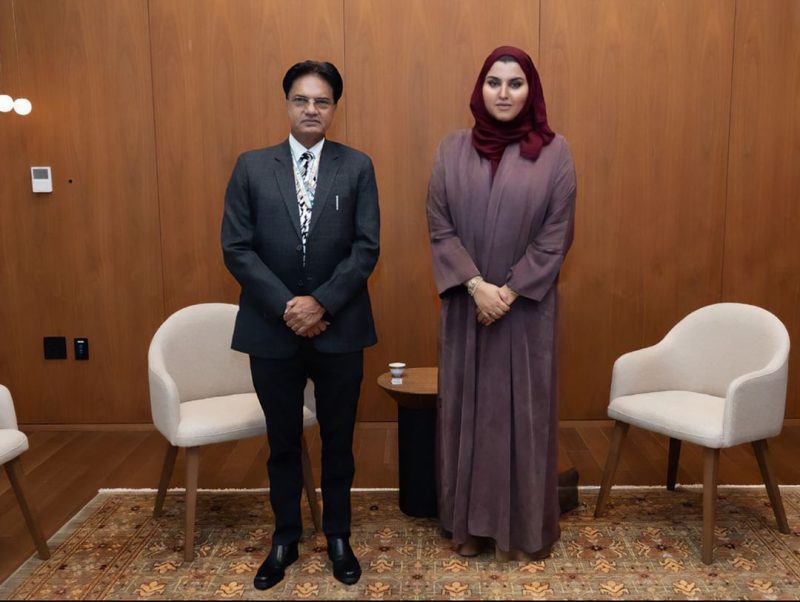Apple has quietly executed a high-speed airlift of around 1.5 million iPhones—roughly 600 tonnes of cargo—from India to the United States in a bold move to avoid fresh import tariffs under President Donald Trump’s aggressive trade policies.
The iPhones, manufactured in Chennai by Foxconn and Tata Group, were flown aboard six chartered cargo jets starting in March, with the last batch arriving just ahead of Wednesday’s tariff hike. This manoeuvre, designed to stockpile inventory and sidestep a steep 125 percent levy on electronics from China, underscores Apple’s growing dependence on India as a key production and export base.
Sources close to the operation said the airlift was a logistical sprint months in the making. To pull it off, Apple worked with Indian authorities to slash customs clearance times at Chennai International Airport from over 30 hours to just six. The expedited system, inspired by Apple’s “green corridors” in China, reflects how India is increasingly aligning itself with the needs of global supply chains.
The airlift comes amid a dramatic shift in Apple’s production strategy. While China remains a dominant base, India now produces around 20 percent of iPhones shipped to the U.S. Foxconn’s flagship plant in Chennai alone manufactured 20 million iPhones last year, including the iPhone 15 and early batches of the iPhone 16. Two more factories are under construction, and Apple plans to produce one in four iPhones in India by 2028.
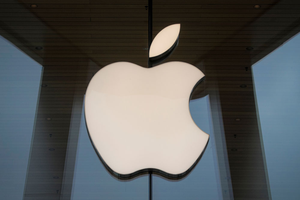
India’s lower import duties—26 percent compared to China’s 125 percent—provided critical relief. A $1,599 iPhone 16 Pro Max imported from China could cost American buyers up to $2,300 after tariffs, according to analysts. The suspension of tariffs on Indian imports for 90 days gave Apple just enough time to act.
Prime Minister Narendra Modi’s administration played a behind-the-scenes role in facilitating the move. Keen to establish India as a counterweight to China, the government has offered tax breaks and subsidies to global tech giants like Apple. The result: tens of thousands of jobs in Tamil Nadu’s manufacturing sector, especially for women from rural backgrounds, and a new wave of economic activity in Chennai.
Apple’s local investments extend beyond assembly lines. Universities are adapting curricula to meet the company’s needs, while India’s strong 5G networks and vibrant startup scene are reinforcing its tech credentials. Though Apple declined to comment on the operation, insiders say the airlift signals a long-term bet on India—not just as a factory, but as a future hub for innovation.
As global trade becomes increasingly politicised, Apple’s Chennai-to-U.S. route shows how corporate agility, diplomatic ties, and smart logistics can still deliver results—even under the looming shadow of tariffs.




